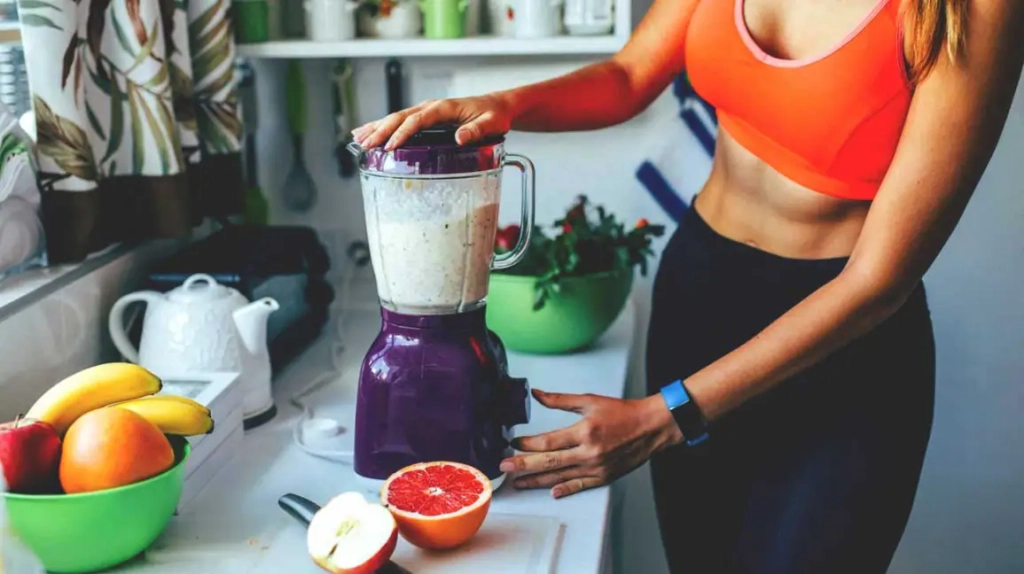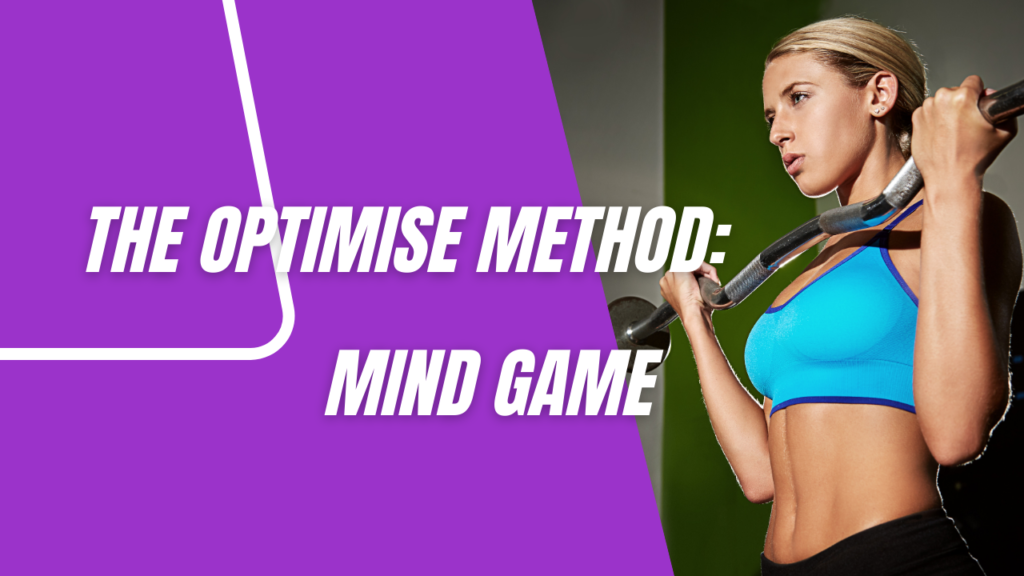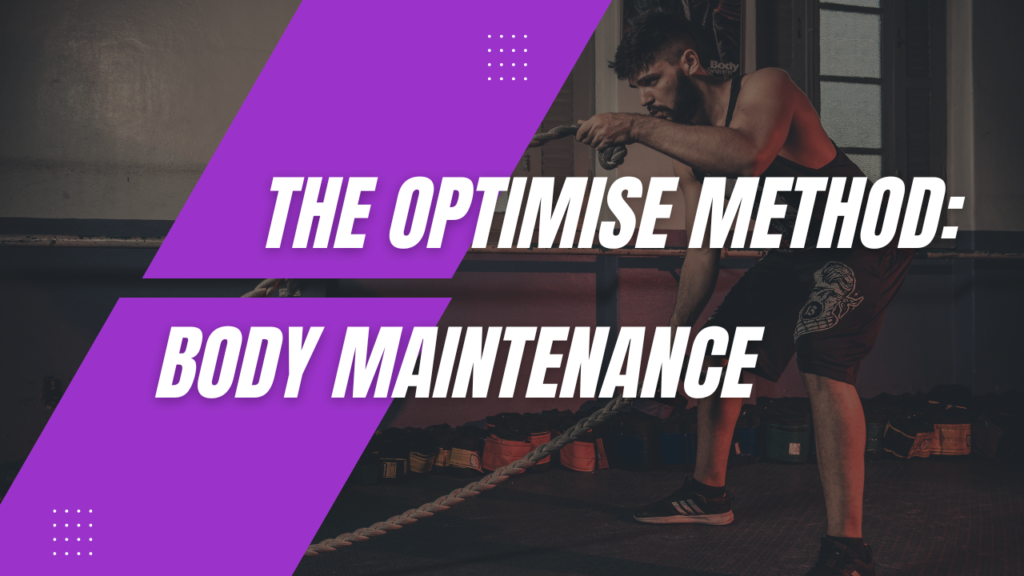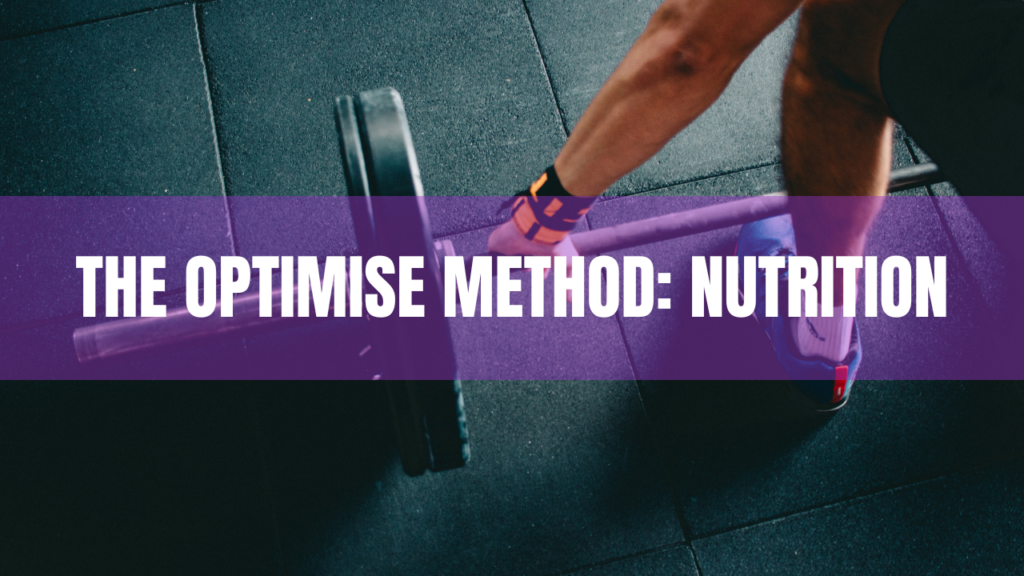When I first became a personal trainer I quickly managed to gather a good sized group of clients. I would ride a bike around Singapore visiting clients training them in parks or condo gyms. Then I found a gym to train them at and then decided to create a boot camp business to run alongside this PT business. I hired a few trainers and began building a decent sized client base.
I would get all types of questions during PT and group sessions and often the same questions would crop up. I began using these questions as the basis of small quick talks I would conduct during group sessions bringing them in during breaks in exercises. I would get great feedback from members saying they were picking up valuable tips and that they enjoyed these added bonuses to the fitness gains they were getting from the sessions.
I decided I should start doing formal presentations to my clients and always encouraged them to bring their partners, children and friends and work colleagues. I would get as many as 12-15 people to these talks and often people that hadn’t met me before so it helped me grow my client base as well.
After I had covered what I thought were the basics I began researching new topics for my talks.
Upon doing this I found something quite alarming. I was investigating what doctors were saying about general health and what deficiencies in our bodies led to disease.
Now I know too much sugar, alcohol, nicotine, certain food additives and a ton of other bad things can disrupt our “state of ease” and create dis-ease. And without a whole bunch of other nutrients both macro and micro, deficiency in these will also result in illness and eventually disease.
So what is the nutrient that without it we will be dead within days?
A bit of a give away?
Ok so maybe you didn’t really equate water to being a nutrient but of course it is – our most vital nutrient.
And before you go, “DOH, MAN”, hear me out! There’s loads of science around dehydration and the role this plays in the development of illnesses and then diseases. I am not talking about tunnel vision, jelly-legs or exhaustion as you dehydrate during a sports or athletic event. I am talking about chronic dehydration over years that is a direct contributor to many diseases, some interesting research is here. Research has suggested in the US 75% of the adult population is chronically dehydrated.
You may know that the average man or woman is about 65-75% water (the range quoted by various sources suggests anything from 60-80%). That’s right we are primarily made of water, when we are first born we are as much as 95% and the reason why babies can be as flexible as they are. At that bottom range 65% you are chronically dehydrated. And as my previously linked research clearly shows this can result in the early stages of many diseases.
So while doing this previous research for my talks I determined chronic dehydration was a big problem. That in itself as we have seen poses challenges to our health but is not the truly alarming problem.
The biggest issue is in how we rehydrate or remain hydrated. Simply put we don’t drink enough water but it’s reallt that we don’t drink enough good quality water. In many cases, bottled water is fundamentally bad for us. Why?
First we must look at mountain and spring (artesian) water. The characteristics of these waters are a pH of between 7.3-8.1 and a high content of micronutrients, stuff like magnesium, calcium, potassium, silica and sodium.
The key is this type of water is what we have been drinking for millennia. It’s like whole and natural foods, our bodies recognise this water and can assimilate it very easily.
Our human digestive system has been built on whole, natural foods and fresh water – not anything manufactured nor processed.
Introducing a lot of foreign material to our human systems is bound to create problems and it is clear this is what we are facing with our nutrition. I don’t need to rattle off the main culprits because I know you know them – they’re everywhere and ever-present in our daily lives. And it includes water.
The very worst waters are the ones that are processed so these are deionised, distilled and reverse osmosis (RO) waters. Water filtration can also be a problem if the filters are removing good nutrients as well as bad. RO water has a pH of 6-6.5 (acidic) which is similar to distilled and deionised water at 5.8.
The issue with processed waters such as RO, distilled and deionised is they are removed of micronutrients. So it’s been found that they attract and absorb micronutrients in your blood and tissue leaching from your body these minerals. If that isn’t bad enough the pH is acidic so their interaction with your stomach and its acidity results in acid reflux and other similar issues. An imbalanced acidity in your stomach could also lead to chronic diseases like cancer.
If you think I am overreacting have a read of this article here, found on a reputable website that is almost promoting the consumption of these type of waters but as you read down it also lists multiple illnesses including cancer as a potential problem. I find it troubling that a website like this promotes the consumption of something that they go on to say are potentially illness and disease causing agents.
I will remind you that we are 70% water and if a lot of this water is being replaced with a low pH and mineral leaching substance what good can possibly come from this? None.
I am not trying to promote bottled water but it is a good, reliable source and many brands are now supplied in glass which is recyclable and yes, this has a cost of course but so does plastic. If you happen to live near an aquifer or deep well then you are very lucky.
Finally I haven’t discussed tap water. I hope you now realise why. I care very much for my cat so she doesn’t even drink that stuff. So you definitely shouldn’t be, either.





